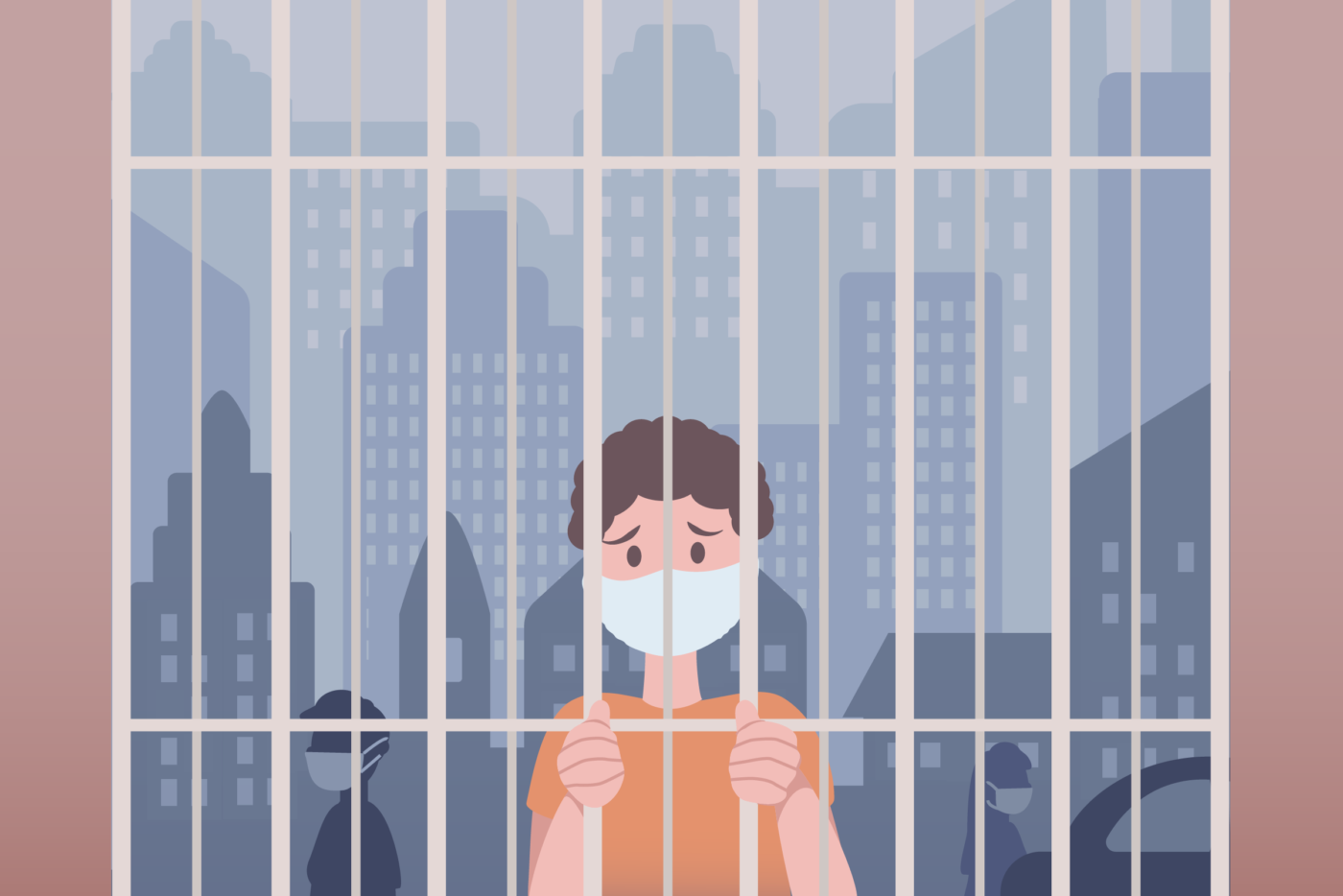HUNDREDS OF jail facilities nationwide greeted the New Year quietly. The Bureau of Jail Management and Penology (BJMP) had no cases of violence to report, yet police officers watched all inmates intently.
Amid heightened alert and tightened security protocols in Philippine prisons, issues including massive congestion and institutional efficiency in rehabilitating and reintegrating persons deprived of liberty (PDL) back into society continue to fill public discourse.
Cracks in the system
Overcrowding in national correctional facilities has persisted for decades. Among the attempts to address this was OPLAN decongestion, which was launched in 1993 to provide detention prisoners with fair and speedy trials. This program points to the reality that 75.1% of PDLs are pre-trial detainees—translating to thousands of PDLs detained in correctional facilities without fair trial. This figure grows even more sinister as 50% of these PDLs are detained in correctional facilities for over 250 days.
In an interview with the GUIDON, Chairman of the Free Legal Assistance Group Chairman Atty. Chel Diokno attributed the criminal justice system’s delays to the lack of judges and prosecutors. He explained that the system suffers from a vacancy of judges and prosecutors at approximately a rate of 20% and 34% respectively, which leads to delayed justice.
Aside from an understaffed system, correctional facilities confront a fragmented administration. Lead Paralegal Officer of the Humanitarian Legal Assistance Foundation (HLAF) Juanito Vinluan pointed out that standards and practices among correctional facilities varied, as well as lacked categorized programs that address PDLs’ rehabilitative needs. Vinluan added that the abiding and primary mandate of jails consists of containing persons who have committed crimes against society.
Furthermore, HLAF Social Worker Wendell Manaloto explained that jails lack standards that measure PDLs’ preparedness for reintegration upon release. As long as PDLs’ finished their sentences, they would simply be released back into society.
Recognizing these issues in the system, legislators met in September 2020 to discuss several bills that sought to amend the Department of the Interior and Local Government Act of 1990. The amendment proposed to transfer the administration of provincial jails to the BJMP.
Interior Secretary Año supported the proposed transfer. “It’s just logical that all provincial jails in the country be integrated under BJMP, as this will prompt a more standard implementation of policies for our jails,” he said. In this regard, the potential transfer of correctional facility administration may be a step towards addressing the shortcomings of the system.
Left to their own devices
Identifying the stakeholders involved in improving the system plays an integral role in ensuring the accessibility of justice. Vinluan pointed out that local governments must resolve issues and crime on the community level; however, they prefer not to involve themselves directly. “Most of them don’t pursue restorative justice, they are more punitive with their approach, diretso referral to the police,” he said.
Vinluan further emphasized that rehabilitation efforts are for naught if there are no coordinated efforts to reintegrate PDLs. “Mismong pamilya, mismong ahensya ng gobyerno, mismong job opportunity tumatalikod sa kanila, ano yung tinitignan nating ending ngayon? It is a cycle of repetitive crime, kasi walang sasalo.”
(If family, government agencies, and companies turn their backs on PDLs what are we left with? It’s a cycle of repetitive crime, because no one supports them).
Moreover, persistent stigma fosters discrimination—often resulting to greater social divides and PDLs’ reduced employability. “Di pa nakakapagsimula ang tao nandoon na ang judgment na wala na siyang pag-asang magbago (Even before they get a chance, PDLs already face judgment that they can’t change),” Manaloto lamented.
For Vinluan, the perils of a fragmented system and the stigma against PDLs are issues far too harmful to ignore. He stressed that these issues reveal the need for Congress to pass a reintegration act that will mandate correctional facilities to implement programs tailor-fit to PDLs’ rehabilitation and reintegration needs. Diokno confirmed that efforts to draft such legislation are underway.
Amid the system’s continued struggle to hurdle health issues and a humanitarian crisis, the national budget appears to have allocated meager funds for correctional facilities. With no end to the COVID-19 pandemic in sight, the system’s festering ails linger on. As of 2020, the Philippines’ criminal justice system ranks 112th worldwide—revealing the need not only to implement legislation that guarantees the proper reintegration of PDLs back into society, but also to reassess the correctional facilities’ core mandates. In enforcing their multifaceted functions, correctional facilities can move from solely detaining criminals to serving a much higher purpose: Facilitating the holistic growth of those behind bars.




